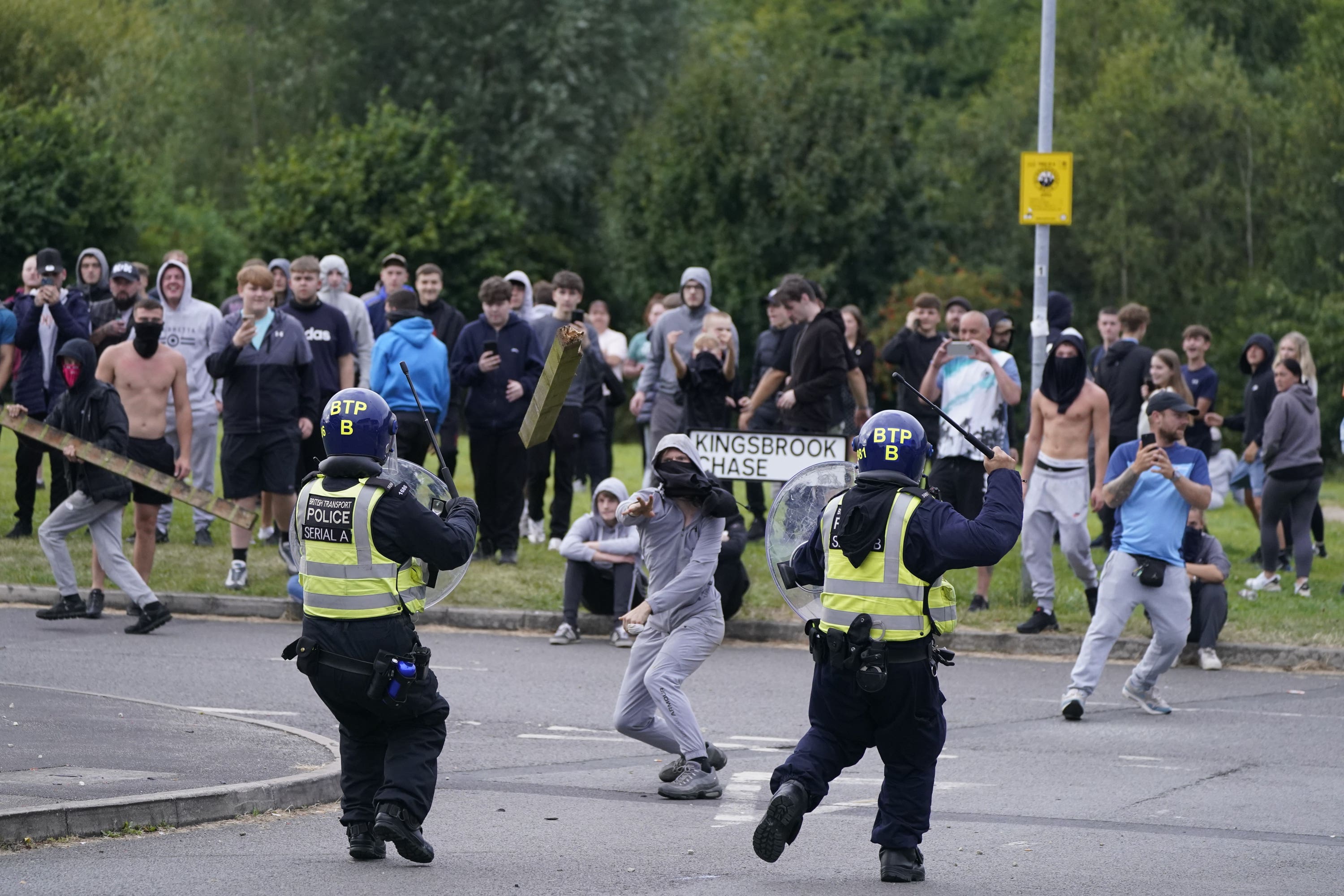Are social media companies doing enough to tackle disinformation online? Join The Independent Debate
Have your say: How should the likes of Facebook, Twitter, TikTok and Instagram tackle disinformation?

Your support helps us to tell the story
From reproductive rights to climate change to Big Tech, The Independent is on the ground when the story is developing. Whether it's investigating the financials of Elon Musk's pro-Trump PAC or producing our latest documentary, 'The A Word', which shines a light on the American women fighting for reproductive rights, we know how important it is to parse out the facts from the messaging.
At such a critical moment in US history, we need reporters on the ground. Your donation allows us to keep sending journalists to speak to both sides of the story.
The Independent is trusted by Americans across the entire political spectrum. And unlike many other quality news outlets, we choose not to lock Americans out of our reporting and analysis with paywalls. We believe quality journalism should be available to everyone, paid for by those who can afford it.
Your support makes all the difference.Separating the truth from the lies on social media is harder than ever, with last week’s headlines providing a pointed example of how quickly platforms can be used to spread disinformation.
As families mourned the death of three young girls killed in a knife attack at a Taylor Swift-themed dance class in Southport, riots broke out stoked by disinformation about the suspect’s identity.
On Thursday, Sir Keir Starmer warned social media companies after false information spread online. And Home Secretary Yvette Cooper said social media has put “rocket boosters” under far-right groups when it comes to the “organisation, the attention and the misinformation” surrounding the riots.
She said there would be a “reckoning” following unrest across England, pledging that anyone involved in the riots will “pay the price”.
Pressed on whether the Government will take action against Tommy Robinson, who has been accused of stoking tensions from afar, Ms Cooper said: “If it’s a crime offline, it’s a crime online.”
Elsewhere last week, an Olympic women’s boxing match — and misinformation about one of the athletes involved — was used by conservatives to promote their anti-trans agenda.
And in July two images of an injured female police officer were shared widely on social media with false claims that they showed injuries sustained during an incident at Manchester Airport.
We want to know if you think social media bosses like Elon Musk should take more responsibility for content posted on their platforms.
How should the likes of Facebook, Twitter, TikTok and Instagram tackle disinformation? And what powers should the police exercise to punish those who stoke violence and spread false information online?
Share your thoughts by adding them in the comments — we’ll highlight the most insightful ones as they come in.
All you have to do is sign up and register your details — then you can take part in the discussion. You can also sign up by clicking ‘log in’ on the top right-hand corner of the screen.
Make sure you adhere to our community guidelines, which can be found here. For a full guide on how to comment click here.
Join the conversation with other Independent readers below.
Join our commenting forum
Join thought-provoking conversations, follow other Independent readers and see their replies
Comments